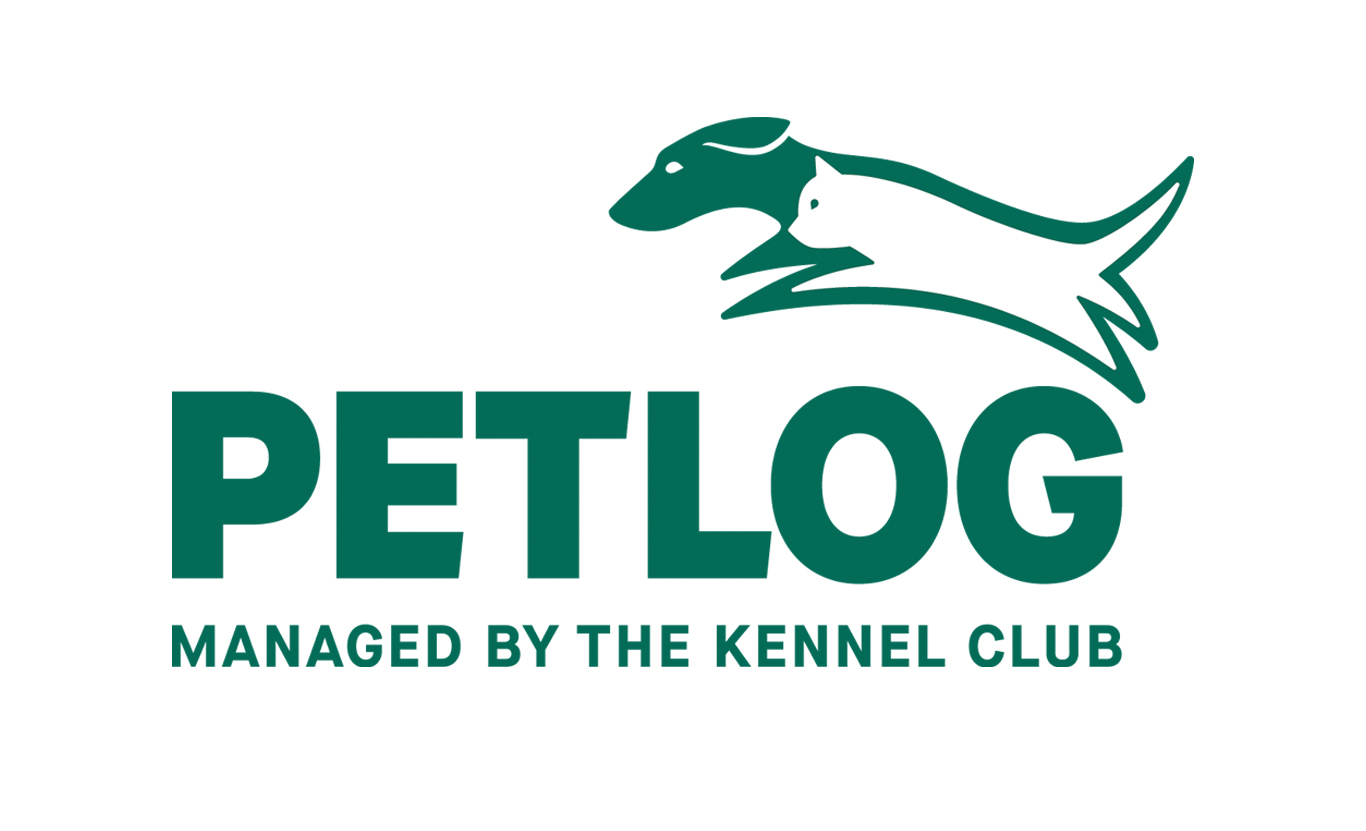
· Data from UK’s largest lost and found pet database pinpoints South East as UK’s hotspot for missing cats
· And that cats are 9 times more likely to go missing than dogs
· 6 in 10 microchipped cats reported missing to Petlog are reunited, underlining the importance of microchipping
· Petlog issues warning as cat microchipping law in England set to change next week, with 2.3 million pet cats estimated to be unchipped
The South East of England has seen the most cats go missing since 2023, Petlog, the UK’s largest lost and found pet microchipping database has today (4 June) reported – less than a week before a law is introduced making it compulsory for cats to be chipped in England.
The UK-wide statistics, released as part of National Microchipping Month, revealed that the region saw the most cats reported as missing to Petlog – 4,100 since the beginning of 2023 until June 2024 – followed by the East (2,539), and West Midlands (2,234).
Whilst more than 21,000 cats registered with Petlog have been reported missing in the UK during this period, 62% (13,231) have been found and reunited with their families thanks to their microchip. The microchipping database, which is run by The Kennel Club, has also revealed that cats are around 9 times more likely to go missing than dogs, and is urging cat owners to either get their pets chipped and registered on a Defra-compliant database – like Petlog – before next week’s deadline, or check their contact details are up to date if their cat is already microchipped.
From 10 June 2024, pet cats in England must be implanted with a microchip before they reach the age of 20 weeks and their owner’s contact details stored and kept up to date on a pet microchipping database. Owners found not to have microchipped their cat will have 21 days to have one implanted, or may face a fine of up to £500.
The Department for Environment, Food and Rural Affairs (Defra) estimates that as many as 2.3 million cats in England are unchipped, meaning that it would be difficult to reunite them with their owner if they get lost.
Bill Lambert, spokesperson for Petlog, commented: “Sadly thousands of pets go missing every year, but many are happily reunited thanks to their microchip. Microchipping your pet and registering them on a database, alongside your address and phone number, is such a simple step but can result in a happy reunion, and can also give peace of mind during what is an extremely stressful and worrying time.
“We urge cat owners to not leave microchipping until the last minute but take action now, before the 10 June deadline.”
Petlog also warns that thousands of owners’ details, which are linked to their pet’s microchip, are likely out of date – which would make reunification impossible if their pet were to go missing.
“It’s absolutely crucial that all owners remember that a microchip is only as effective as the contact details on the database that the chip is registered with,” adds Bill. “This is a timely reminder for any pet owner – please check your contact details are up to date with your microchip database. Sadly, often people move house and change phone numbers, and if they don’t update these details on their pet’s microchip database, it makes it impossible to be reunited in thousands of cases.”
A microchip is the size of a grain of rice which is inserted under the skin at the back of an animal’s neck. It permanently identifies pets and connects them with an owner’s contact details, which are held on a database, like Petlog, enabling vets, local authorities and animal charities to scan the chip and match it to the owner’s details to reunite stolen, lost and found pets.
Currently, it is a legal requirement for all dogs to be microchipped in England, Northern Ireland, Wales and Scotland. From 10 June 2024, it will be a legal requirement for pet cats to be chipped in England. More information about this change is available here and further advice about keeping pets safe, or information about microchipping and how to register with Petlog, can be found on our website.

